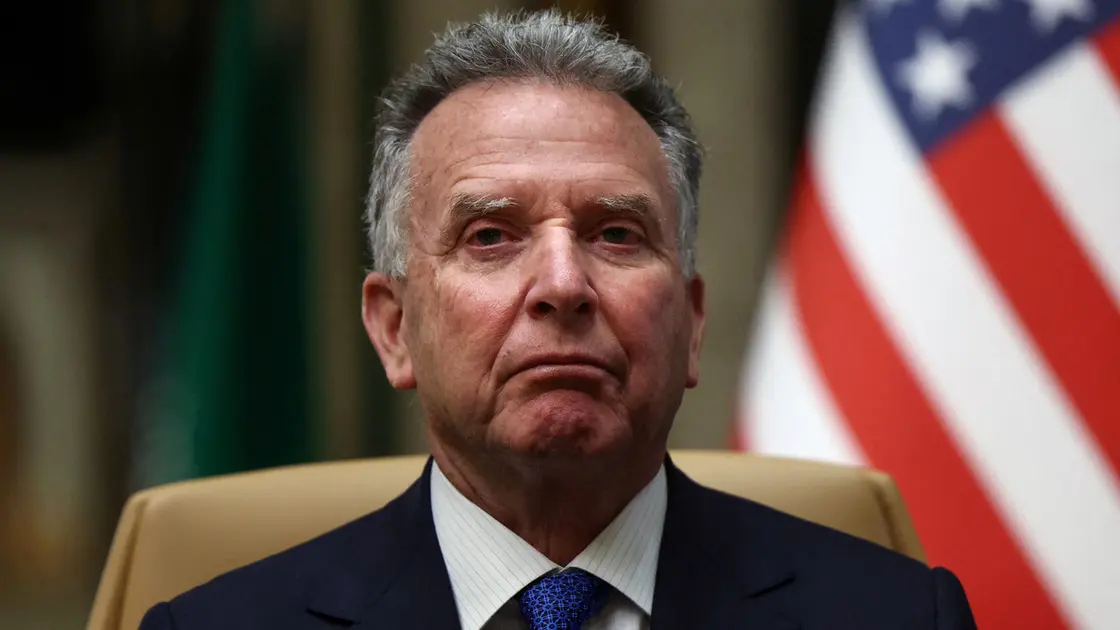Source Credit: YAHOO NEWS
U.S. Secretary of State Marco Rubio has embarked on a significant diplomatic mission across the Middle East, aiming to bolster support for President Donald Trump's contentious proposal to relocate Gaza's Palestinian population and to engage in peace negotiations concerning the ongoing war in Ukraine.
Promoting the Gaza Resettlement Plan
During his visit to Israel, Secretary Rubio met with Prime Minister Benjamin Netanyahu in Jerusalem. The discussions centered on President Trump's plan to "take over" the Gaza Strip, which involves the relocation of its approximately two million Palestinian residents to neighboring countries. This initiative has been widely criticized by international communities and labeled as "ethnic cleansing" by United Nations Secretary-General António Guterres.
Prime Minister Netanyahu expressed strong support for the U.S. proposal, describing it as the "only viable plan to enable a different future" for the region. He emphasized the necessity of eradicating Hamas's military capabilities to achieve lasting peace. Secretary Rubio echoed this sentiment, stating that as long as Hamas remains a governing force capable of violence, peace remains unattainable.
The plan has faced significant opposition from Arab nations, including Egypt and Jordan, who have rejected the idea of resettling Palestinians within their borders. Egypt's Foreign Minister Badr Abdelatty underscored the "Arab consensus" against the displacement of Palestinians, highlighting concerns over regional stability and adherence to international law.
Engaging in Ukraine Peace Negotiations
In addition to addressing Middle East concerns, Secretary Rubio is scheduled to meet with Russian officials in Saudi Arabia to initiate peace negotiations aimed at resolving the nearly three-year-long war in Ukraine. Notably, Ukrainian President Volodymyr Zelensky has stated that Ukraine was not invited to these talks and will not engage with Russia without prior consultation with strategic allies.
The exclusion of European allies from these discussions has raised concerns among EU leaders about being sidelined in the peace process. Former NATO official Stefanie Babst remarked that the U.S. appears to be shifting away from its traditional alliances, citing President Trump's alignment with Russia as a point of contention.
Regional and International Repercussions
The U.S. administration's approach to both the Gaza resettlement plan and the Ukraine conflict has elicited a range of reactions. While Israel aligns closely with the U.S. vision for Gaza, Arab nations and international bodies express deep reservations. The potential forced displacement of Palestinians raises legal and ethical questions, with many warning of the destabilizing effects such actions could have on the broader Middle East region.
As Secretary Rubio continues his diplomatic tour, the outcomes of these high-stakes discussions remain uncertain. The international community watches closely, aware that the decisions made in these meetings could reshape geopolitical dynamics in both the Middle East and Eastern Europe.








